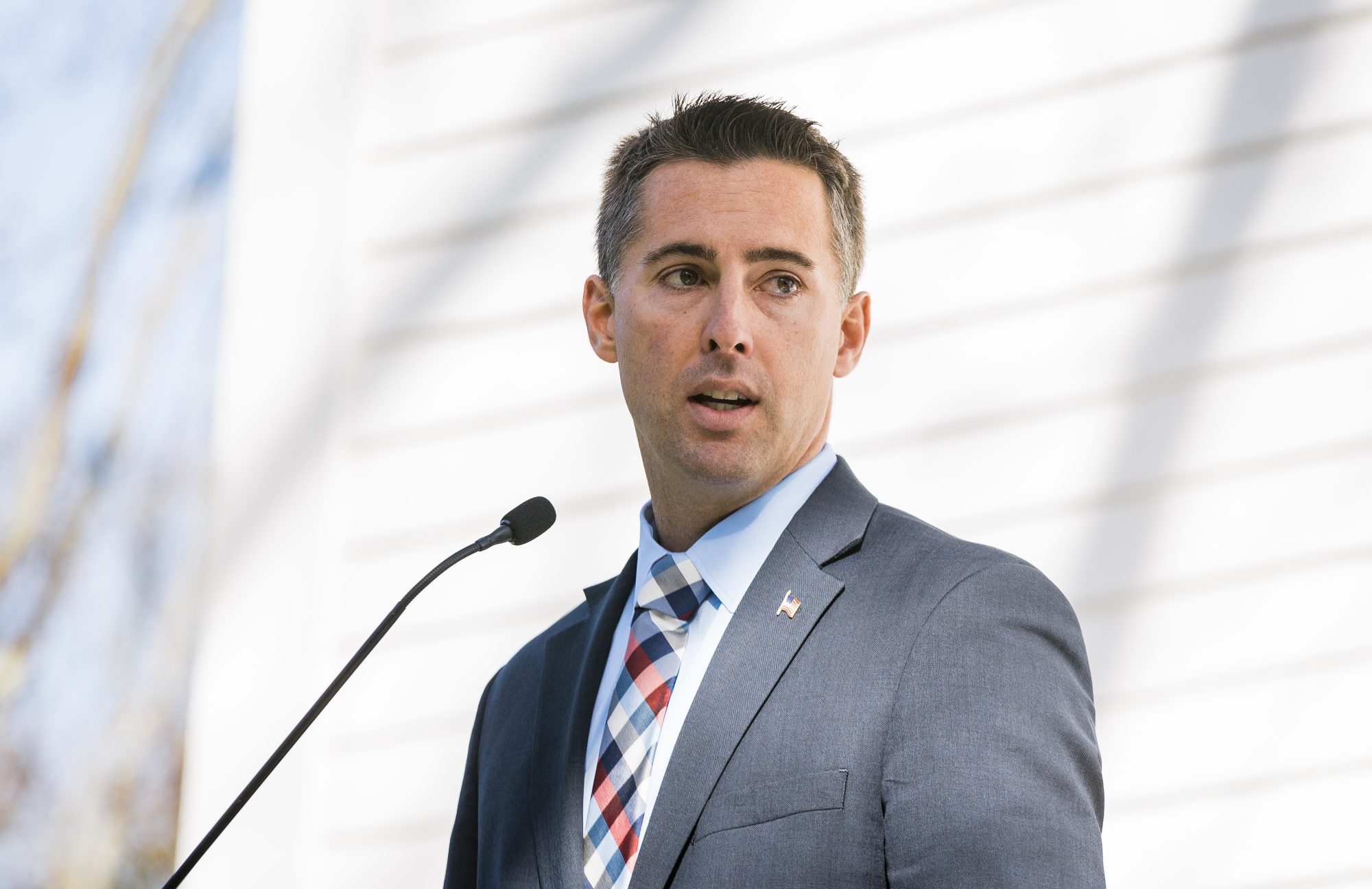
 press-releases
press-releases 
BOSTON — The state Senate has passed a bill that would ban third-party residential electric suppliers as part of a consumer-protection package.
Bill S.2738, “An act relative to electric-ratepayer protections,” was sponsored by 3rd Essex District Sen. Brendan Crighton, along with Middlesex and Suffolk District Sen. Sal DiDomenico and Norfolk and Plymouth District Sen. John Keenan.
According to a press release from Crighton’s office, the bill “bars electric suppliers from enrolling new individual residential customers in contracts and protects residents from unfair and deceptive practices in the competitive electric supply market.”
Crighton told The Item that the Massachusetts government deregulated the electric marketplace in 1997, hoping to create lower rates for consumers.
“It definitely worked for municipal aggregation, as well as for commercial contracts, but there was a third marketplace for competitive suppliers, and that has not worked well at all,” Crighton said. “This is where individuals can get a contract with a third-party supplier. What we’ve seen (is that) customers are grossly overpaying in this unregulated marketplace.
According to a report released by the office of Attorney General Andrea Joy Campbell, in the last eight years, residential consumers who switched to a third-party supplier from a competitive supplier paid more than $577 million more on their electric bills than they would have if they had stayed with their utility provider’s basic service.
From July 2021 to June 2023, the report said consumers saw $51.8 million in net losses from switching.
“We’ve also seen some really predatory and deceptive practices in this industry,” Crighton said. “They will make misleading promises about savings or about green or clean energy, they offer very low initial rates, and then it skyrockets after a few months.”
Crighton cited another report from Campbell’s office, which said many of these companies have targeted low-income residents and residents of color, as they are more likely to sign up.
He specifically pointed to his community, Lynn, saying many residents are non-native English speakers, people with disabilities, seniors, or students, groups that can be susceptible to supplier tactics.
“This bill would essentially eliminate or not allow for any new contracts from residents with these companies,” Crighton said.
The press release from Crighton’s office said that nearly a quarter of households in Lynn participate in a third-party market.
“What interests are these companies serving? They’re costing our constituents a great deal of money, their hard-earned money, and they are also targeting some of our most vulnerable populations,” Crighton said. “There’s really no benefit to the Commonwealth or to individuals, which is why we’re confident passing this.”
The bill passed the Senate by a vote of 34 to 4.
The Senate passed two other bills as part of the consumer-protection package. One would enhance the state’s Lemon Law for car buyers and the other would mandate home insurers to cover residential oil spill damages.
According to a press release from the office of Senate President Karen Spilka, Bill S.2737, or “An act relative to the remediation of home heating oil releases,” would mandate that insurers in Massachusetts provide residential owners with insurance for damage to home and property caused by a leak in a residential liquid-fuel tank or home fuel-supply lines.
The press release also discussed Bill S.2736, “An act modernizing protection for consumers in automobile transactions,” which would add legal safeguards for residents who purchase used and leased cars in Massachusetts by creating four new consumer protections in the car-buying process.
Both of these bills passed without objections.
“Protecting Massachusetts consumers is a priority for my office, but we recognize we cannot do that work alone,” Campbell said. “I am pleased to see the Senate make progress on consumer protection legislation, including bills that would ban the harmful residential competitive electric supply industry and expand consumers’ rights and protections when purchasing an automobile. My office and I will continue to work alongside the legislature in advocating for these bills to become law.”
All three bills will now head to the House of Representatives for consideration there.
24World Media does not take any responsibility of the information you see on this page. The content this page contains is from independent third-party content provider. If you have any concerns regarding the content, please free to write us here: contact@24worldmedia.com